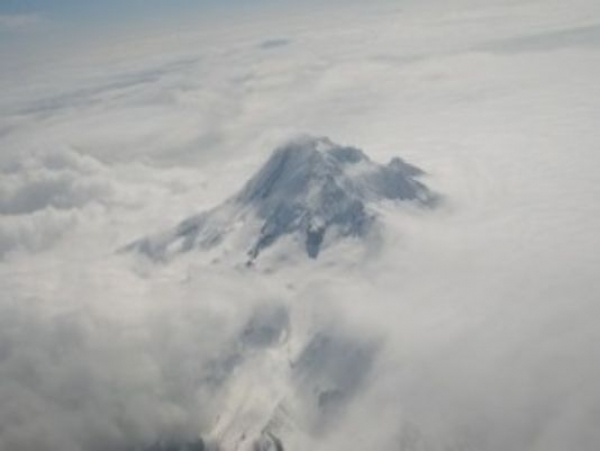Climate change report focuses on Northwest snowpack

KGW reported last week that a new climate change report focuses on decreasing snowpack over the Cascades due to warming temperatures. Rod Hill, KGW meteorologist, will include in this story, more details regarding the report.
Over the last century, the average temperature across the Northwest rose by 1.5 degrees Fahrenheit. Spotty areas reported temperature rises closer to 4 degrees. The on-going trend of rising temperatures is already leading to changes in snowpack, streamflows and forest cover. The report projects a continued rise in temperature over the next 100 years of 3-10 degrees Fahrenheit
Winter precipitation is projected by some climate scientist to increase over Northwest mountains, while summers become increasingly dry. An increase in winter mountain precipitation may fall increasingly as rain, as snow levels slowly rise. The temperature rise last century is reported to have already lifted the average snow level by 600 feet on Mt. Hood. Of particular concern is the April 1st snowpack measurement. Snow depth April 1st is used to project water storage for the summer months. Warming temperatures, according to the report, may decrease the early April snowpack as much as 40% by the year 2050. In fact, an earlier spring melt and runoff may take place 20 to 40 days earlier by the end of this century. The change would limit summer water supplies and bring an earlier and longer Northwest fire season.
More changes detailed in the report include hardships for Salmon. You can read the report: http://www.epa.gov/climatechange/impacts-adaptation/northwest.html.
* The report above is courtesy of the Environmental Protection Agency.

Facebook comments